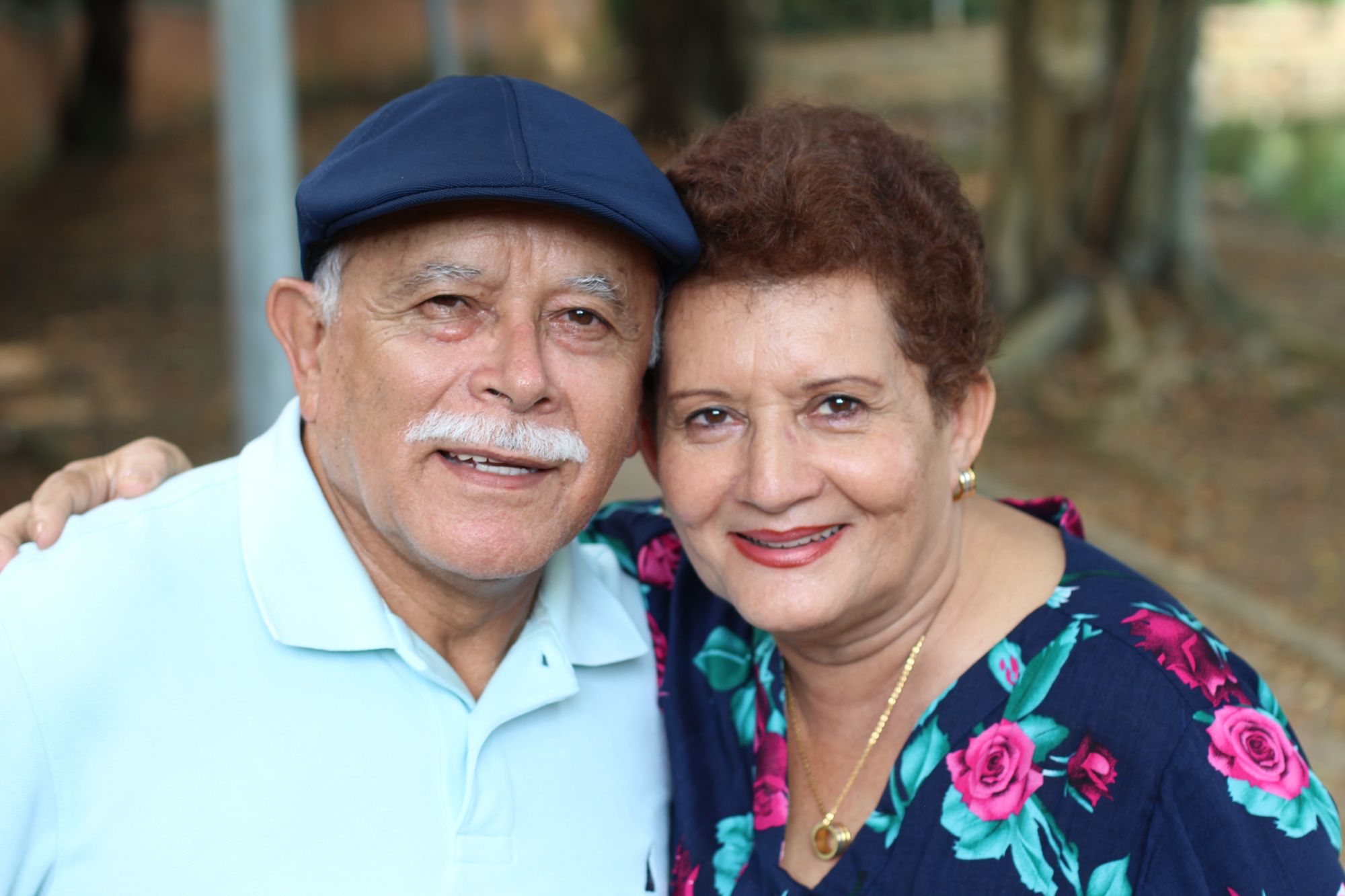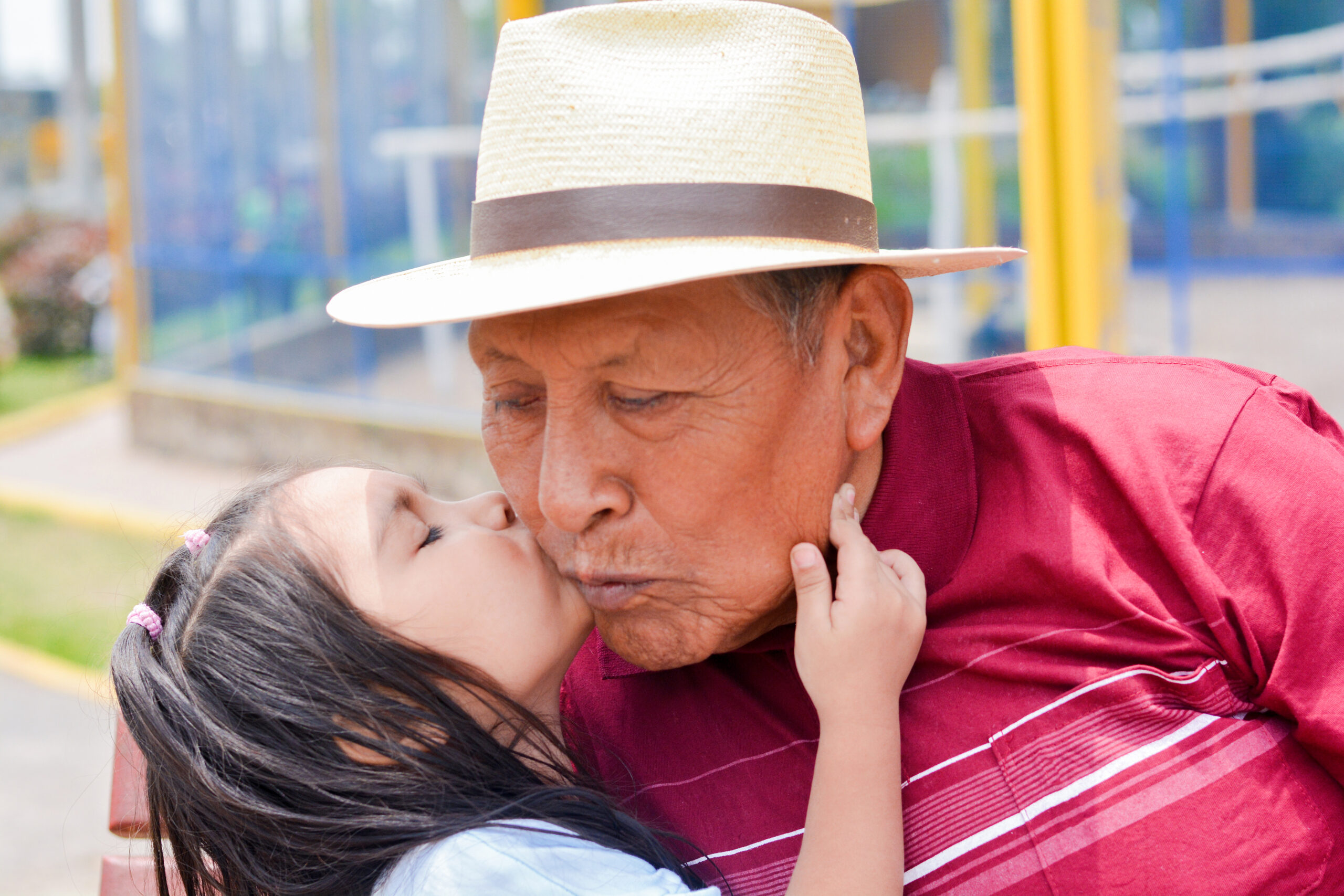GET INVOLVED
Learn how to get involved with Arizona ADRC activities.
RESEARCH CENTER
Learn how our Scientific Cores support collaboration and community engagement.
NEWS AND EVENTS
The latest in Alzheimer’s research and caregiving news, plus events hosted by our member institutions.
How Does the Arizona ADRC Help Advance Alzheimer’s Research?
- Brings together major biomedical and higher education institutions that collaborate with one another, with the common goal of preventing, treating, and ending Alzheimer’s
- Identifies and characterizes changes in memory and cognition through tests and brain scans that distinguish normal aging from dementia
- Examines key markers of Alzheimer’s disease, including plaques and tangles in the brain, and other biomarkers in blood and spinal fluid
- Studies the impact of different interventions intended to prevent the onset of dementia or slow its progression
- Leads a world-renowned brain and body donation program
- Offers award-winning family caregiver intervention programs
About Us
The Arizona Alzheimer’s Disease Research Center (ADRC) is one of 31 ADRCs nationwide, funded by the National Institute on Aging.
The Arizona Alzheimer’s Disease Research Center offers a variety of programs, resources and research studies for the Arizona community including for:
- People who have questions about memory and thinking challenges and concerns
- Family members and caregivers of people with dementia or related memory concerns
- Healthy adults who want to volunteer for studies on the human brain
We also help to improve care for patients and their families, and to gather community support from healthy people who are not yet affected by memory challenges.
Please connect with us for:
- Help obtaining a diagnosis or managing care
- Support groups and programs for patients, caregivers and family members
- Ways to participate in research studies that can improve care for all
Our Research Center
The Arizona ADRC builds on the Arizona Alzheimer’s Consortium’s foundation by organizing scientists from seven different institutions into dedicated workgroups. These groups are known as “Cores”, and include:
Administrative Core
Provides leadership, organizational structure, and support.
Neuropathology Core
Data Management and Statistics Core
Research Education Component
Biomarker Core
Clinical Core
Outreach, Recruitment, and Engagement (ORE) Core
Learn how our Scientific Cores support collaboration and community engagement.
Participate
Our center recruits local research volunteers for clinical trials and other related studies. In addition, we work with research volunteers as part of long-term studies into aging and brain changes that occur over time. Volunteers regularly undergo tests and assessments that help researchers gather invaluable data to explore innovative approaches to diagnosis, treatment, and disease prevention.
Who can participate? Basically, anyone. We recruit volunteers from a variety of racial and ethnic backgrounds and ages, both with and without memory or thinking challenges. We have a particular focus on helping those in Arizona’s Latino/Hispanic and Native American communities.
Whether you are healthy, or if you are concerned about your memory or cognitive abilities, or if you are a patient or caregiver, please contact us. It’s easy to get involved, and we need your voice to be heard.
You can participate from many locations in Arizona, and with some programs, you may be able to participate from anywhere in the USA or around the world.
Volunteer for a Study
Research program and study opportunities are available in both English and Spanish. Please visit the Arizona Alzheimer’s Consortium website for an overview of some current studies. You can also check our Scientific Cores page for a listing of contact information for each Core to express interest and ask for detailed information.
Aging and Brain Health
Led by Banner Alzheimer’s Institute
MindCrowd, a research project by TGen
Precision Aging Network, led by the University of Arizona
Data Sharing
We are excited to share our data in a variety of forms. Please email your request to [email protected] or contact one of our Cores directly.
Presentations Library
Click the button to explore highlights from our video library and view talks and trainings from Arizona ADRC members. You can also explore our full library on Vimeo.
News and Events
Arizona Alzheimer’s Consortium (AAC) Biomarker Measurement Support Request for Proposals
APPLICATION RECEIPT DATE: Recommended: Pre-proposal Deadline: November 1, 2024 (Friday) Full Application Deadline: December 11, 2024 Anticipated Analysis Start Date: February 3, 2025 (Wednesday) PURPOSE: The Arizona Alzheimer’s Consortium (AAC) invites applications...
Los hispanos son 50% más propensos a contraer una enfermedad de demencia, según experto
Hay alrededor de 10 variaciones de enfermedades de demencia y la más común es el Alzheimer. Haga clic aquí para leer la historia completa. | Click Here to Read the Full Story The post Los hispanos son 50% más propensos a contraer una enfermedad de demencia, según...
ASU awarded prestigious $5.8 million NIH Roybal Center
Living alone is a lesser-known risk factor for Alzheimer’s and other types of cognitive decline. With an estimated 14 million Americans aging solo — by choice or circumstance — Arizona State University has a plan to help and new funding to support it. This summer,...


